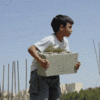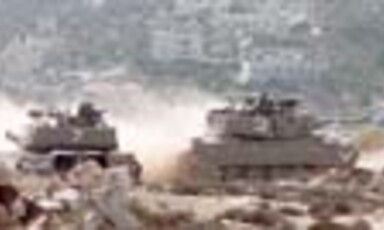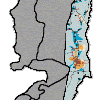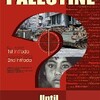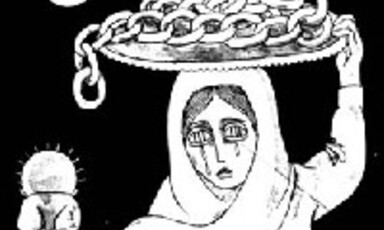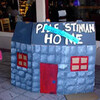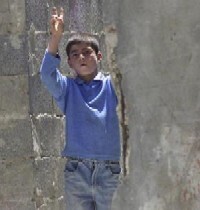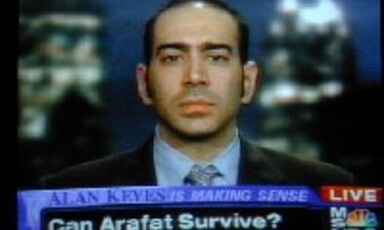
Arab advocate still speaks up -- and often
29 August 2002
He frequently appears on television programs and writes op-ed pieces on the Middle East. He lobbies media organizations when he thinks their coverage has been unfair. And from his Hyde Park home, he helps maintain www.electronicintifada.net, a Web site that attempts to tell the story of the Middle East from a perspective he and others say is overlooked. Read more about Arab advocate still speaks up -- and often





